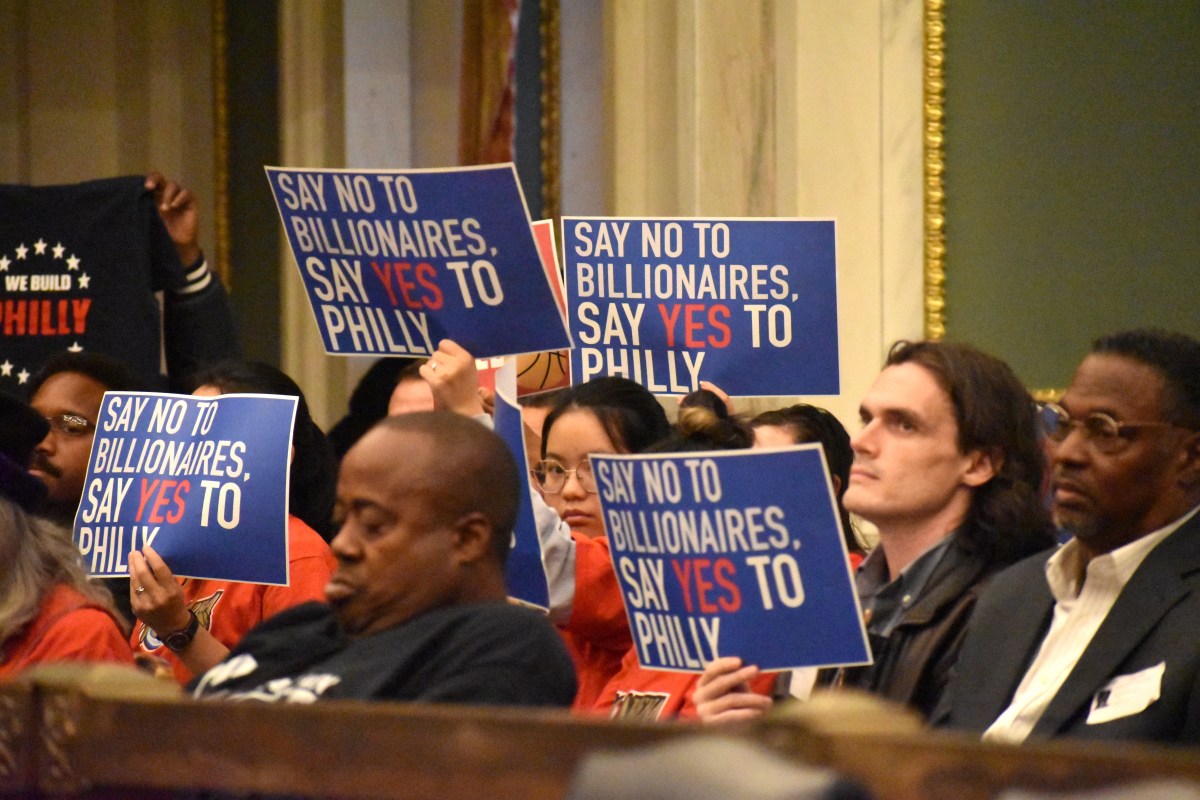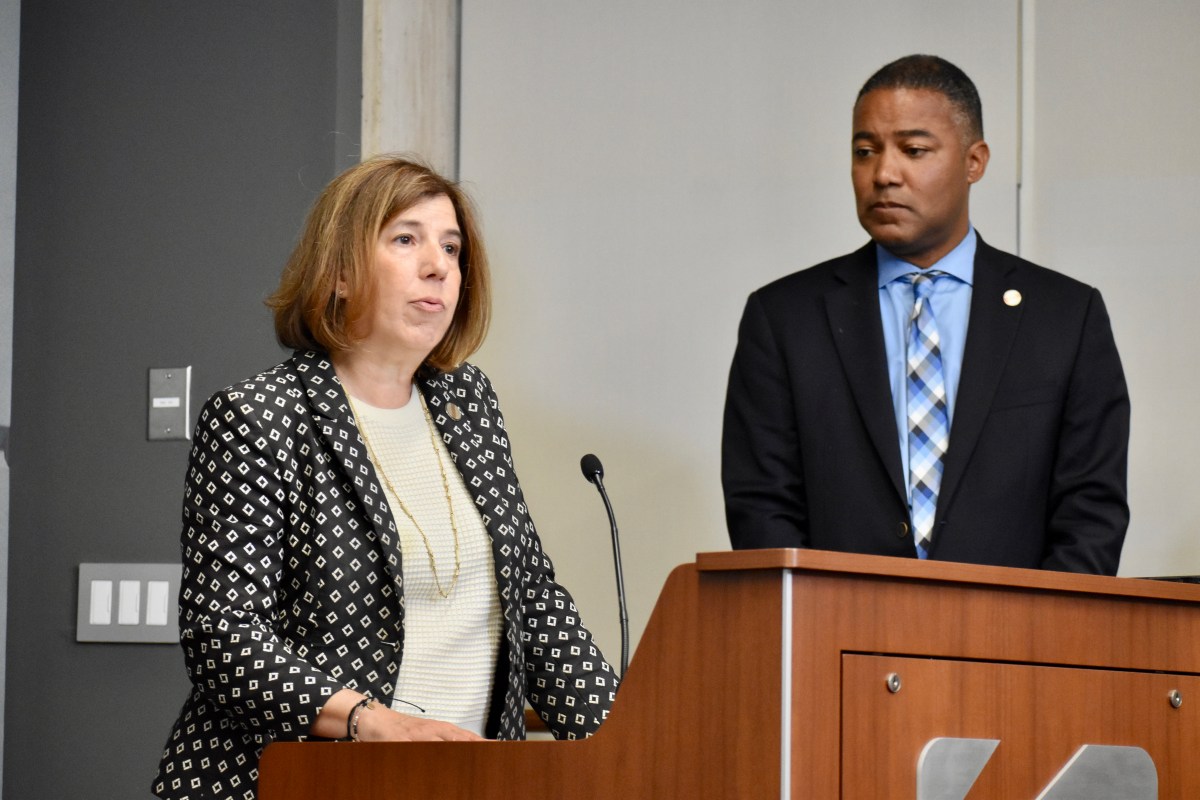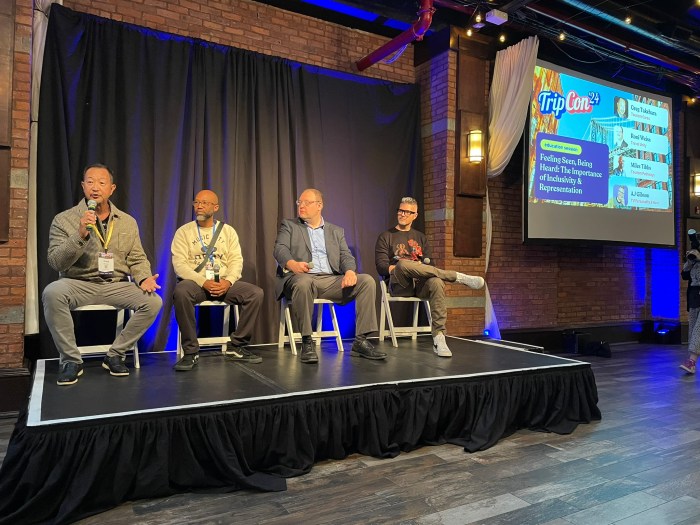MEXICO CITY (AP) — Cities across Latin America were cloaked in purple Friday as hundreds of thousands of women marched to commemorate International Women’s Day, coming at a moment of change in a region marred by soaring levels of violence against women.
While some are celebrating historic steps taken in countries like Mexico, which is slated to elect a woman as president for the first time, others are railing against potential rollbacks on rights they’ve long fought for in places like Argentina with the arrival of far-right President Javier Milei.
The shifts underscore the stark contrasts that divide the region of 670 million people.
Following decades of activism and campaigning by feminist groups, access to things like abortion has rapidly expanded in recent years, acting as a foil to mounting restrictions in the United States. At the same time, many countries across Latin America still suffer from soaring rates of violence against women, including disappearances and slayings of women, known as femicide.
According to figures from the Economic Commission for Latin America and the Caribbean, a woman is killed for gender-related reasons in the continent every two hours.
“They’re growing up in countries where, on paper, Latin American women’s lives look like they should be fairly well-treated, but that’s not their experience on the ground. So they’re angry,” said Jennifer Piscopo, professor of Gender and Politics at the Royal Holloway University of London who has studied Latin America for decades.
“We see this sort of taking to the streets by feminists to criticize the inequality they’re experiencing that seems out of sync with where they think their country should be,” she added.
At least 30,000 protesters pushed through the main throughway of Mexico City on Friday afternoon, also amassing in other Mexican cities in what government officials noted may be the country’s biggest International Women’s Day demonstration on record. They roared and carried signs reading, “I want to live, not just survive,” and, “Violence ends in scars, ignorance ends in femicides.”
Among the throngs of people was 55-year-old Lidia Florencio, who wore a shirt with the face of her daughter, Diana Velázquez Florencio, who was found dead on the side of the road near their home on the fringes of Mexico City in 2017 after going out late at night.
Florencio said she’s seen little action by authorities since her 24-year-old daughter was killed, so she joins other mothers in the march every year to push for justice. High levels of impunity in Mexico and across the region mean cases such as hers go unsolved.
“Here, there’s no justice,” Florencio said. “We’ve come out so people can see that the state isn’t providing us with a life free of violence. We keep getting murdered.”
For many in the march, Mexico’s upcoming June 2 presidential election inspires hope that things might change, as the two main presidential front-runners are women. Others like Florencio expressed skepticism.
“Even if a woman lands in power, that doesn’t guarantee that they’re going to advocate for women,” she said. “Candidates in their campaigns make lots of promises, and then when they arrive in office they turn their backs on us.”
Protests broke out across the region, from Brazil to Mexico, with the vast majority of those lining the streets being young women.
Local media reported tens of thousands turned out for protests in Argentina — long the leader of regional feminist movements — where demonstrations were marked by a fighting tone and a sharp rejection of Milei.
People painted in purple and carrying green handkerchiefs, symbolizing the struggle for abortion, flooded the country’s capital, Buenos Aires, and other Argentine cities.
Since taking office in December, Milei has shuttered both the country’s women’s affairs ministry and the national anti-discrimination agency, and on Wednesday told high school students in a speech that “abortion is murder.”
Milei posted words of support for International Women’s Day on his social media Friday morning. But just hours before the march, his government announced the Hall of Women, inaugurated in 2009 to pay homage to female figures of Argentine history, will be renamed Hall of Heroes, with a presidential spokesperson saying the old name is “perhaps even discriminatory for men.”
Argentina’s new government has fueled fears by many in the country’s feminist movement that their recent wins in expanding abortion access and years of fighting could be lost in a matter of years.
“It is very important to be here, standing firm defending our rights,” said 33-year-old protester Ivana Cialci in Buenos Aires. “Here, in Argentina, women’s rights are at stake. We are not going to stop; we will continue to take to the streets.”
AP journalist Rey contributed from Buenos Aires, Argentina.
Follow AP’s coverage of Latin America and the Caribbean at https://apnews.com/hub/latin-america
























